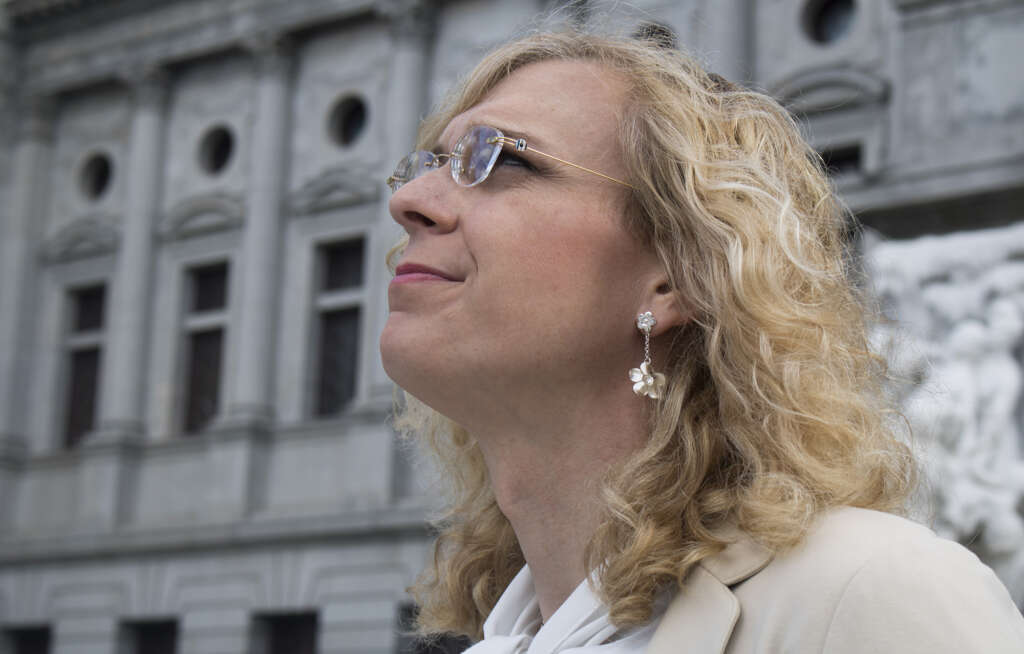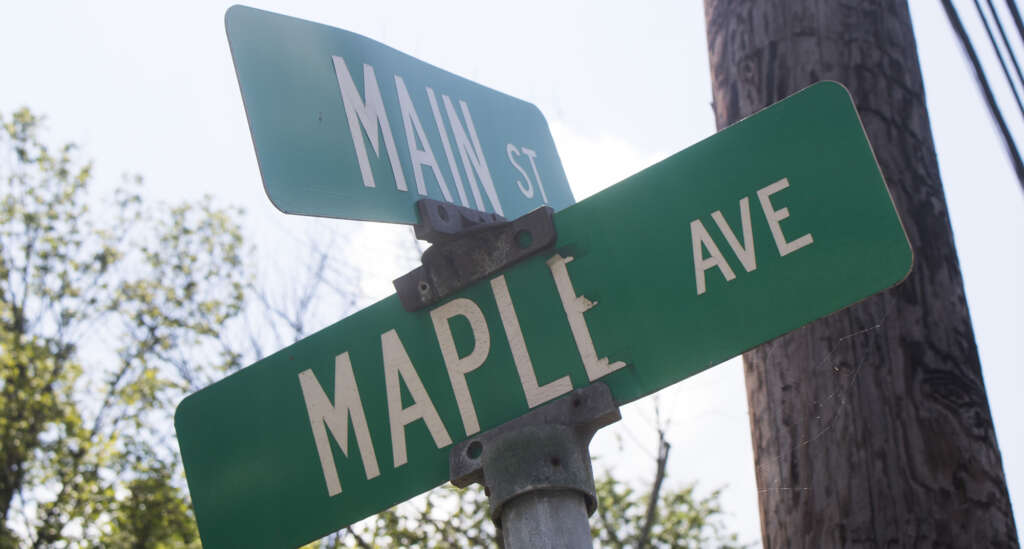
Every Pennsylvanian should be able to work, live, and thrive in their community. Strong economies and societies are based in making sure each individual has an equal chance to fully participate. When LGBT Pennsylvanians are treated and protected just like everyone else, the entire commonwealth wins.
Enacting an LGBT-inclusive nondiscrimination law will modernize the Pennsylvania Human Relations Act of 1955 to add sexual orientation and gender identity or expression protections, to be included along with 11 existing protected classes.
That’s the only update to state law. It’s simply adding LGBT people as covered under our state nondiscrimination protections.
This issue is about the existence of LGBT people in public space. Nothing more, nothing less.
There are over half a million LGBT Pennsylvanians who each deserve dignity in their lives, as equal and free citizens of our commonwealth. Together, let’s make this a reality.
Employment
At a moment when many states are struggling to maintain a competitive edge, Pennsylvania’s General Assembly should be doing everything in their power to send the message that our commonwealth is truly open for business to all. Protecting LGBT Pennsylvanians from discrimination is necessary in order for Pennsylvania to remain competitive in today’s global economy. The future of Pennsylvania’s economy is at stake. At more than $743 billion and growing, the Pennsylvania economy is the sixth largest in the nation.
Major corporations and employers recognize the value of a diverse workforce and want to ensure that they can recruit the best and brightest. Pennsylvania continues to create hundreds of thousands of jobs, but because all other states in the Northeast have LGBT-inclusive laws, our state is at a disadvantage. Pennsylvania should join the 23 other states that have recognized that in order to have a workforce that is the best-trained, well-educated, and most innovative, it must prioritize dignity and equality in the workplace.
Discrimination is a real and urgent problem facing LGBT Pennsylvanians.
LGBT people who face employment discrimination struggle to make ends meet, and ultimately, might have to move to a friendlier area or state. This hurts and breaks up Pennsylvania families, who just want to go to work and do their job.
According to the Williams Institute, 11% of LGBT Pennsylvanians are unemployed, compared to 5% of non-LGBT Pennsylvanians. Every member of our community should be able to get a job and provide for themselves and their families.


HOUSING
Every Pennsylvanian should be able to safely sleep at night. Unfortunately, without explicit housing protections, our law fails to prevent LGBT Pennsylvanians from being denied an apartment, being kicked out of a rental property they live in, or being discriminated against in seeking property to buy simply because of who they are.
According to the 2015 US Trans Survey, 21% of transgender Pennsylvanians had experienced housing discrimination in the preceding year, and a staggering 29% had experienced homelessness in their lives. As has been commonly reported, 40% of homeless youth identify as LGBT.
Pennsylvania needs a comprehensive nondiscrimination law that helps us live up to our values of dignity and equal opportunity for all, including in housing.
PUBLIC ACCOMMODATIONS
All Pennsylvanians deserve to be treated with dignity and respect in the many public accommodations we each enjoy every day.
Public accommodations are all the places we go when we’re not at home, work, or school. These include movie theaters, restaurants, parks, public transportation, and coffee shops; and yes, it includes being able to do something as basic as using the restroom in these places. Government services, from the local level to every facet of state government, should be accessible to every citizen – including LGBT Pennsylvanians.
Unfortunately, many LGBT Pennsylvanians are discriminated against and harassed in their day-to-day life.
For many who live in rural Pennsylvania, there may only be one bank, one baker, or one library for a hundred miles. There is no place for discrimination or harassment that forces citizens to leave their communities because they are denied access to a public accommodations.

